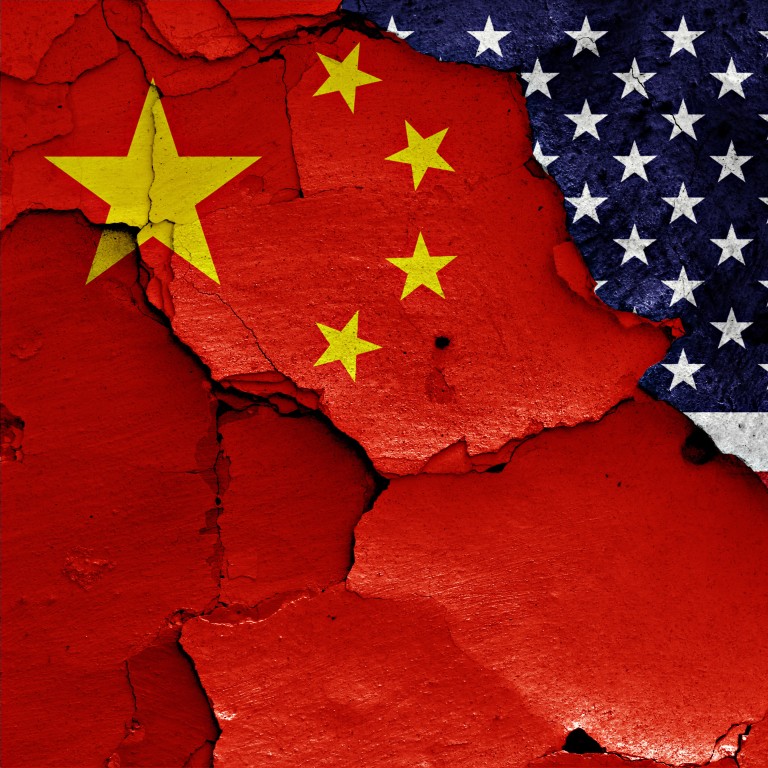
China-US relations: revive exchange programmes to cut through mistrust, analysts urge
- Start small and don’t wait for politicians at the top to improve ties, observers say
- NGOs and the media could be two areas for common ground, conference told
Maria Repnikova, assistant professor in global communication at Georgia State University, told the forum hosted by the Carter Centre and the Guangzhou-based Intellisia Institute, that going back to the past was not realistic.
“It is impossible to radically transform the atmosphere of mistrust ... neither [US President Joe] Biden nor [Chinese President] Xi [Jinping] seem to be interested in that,” Repnikova said.
“That’s why in the media sphere we should start with very modest and less-politicised measures.”
She suggested that China and the US should allow a small group of reporters to continue their work in each other’s country, and also set up joint fellowship programmes for journalists.
US designates 4 more Chinese media organisations as ‘state propaganda outlets’
Mabel Lu Miao, vice-president of the Centre for China and Globalisation, said the trust deficit between the two countries was greater than ever and now was a good time to revive exchanges.
“Some scholar exchange programmes, such as the Fulbright Programme in mainland China, should be resumed,” Maio said.
NGOs were another area of potential cooperation, according to Jamie Horsley, a visiting fellow in the John L. Thornton China Centre at Brookings.
In 2016, China introduce legislation restricting the work of foreign organisations and their local partners, affecting more than 7,000 international NGOs.
“Many US non-governmental organisations have closed their offices in China ... but it’s important to get more Americans on China soil to gather personal experience,” Horsley said, adding that the US should also adopt a more friendly approach towards Chinese organisations on US soil too.
Jeffrey Koplan, vice-president for global health at Emory University, said the universal need for better healthcare could be a good place to find common ground.

